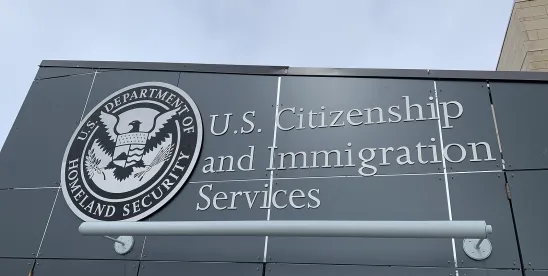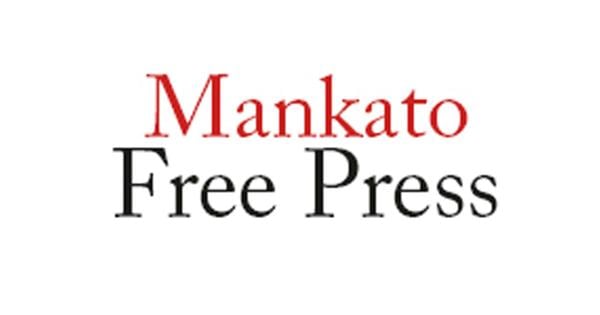On October 16, 2025, the U.S. Citizenship and Immigration Services (USCIS) announced the introduction of a new $1,000 immigration parole fee. This fee, which is now in effect, will apply when a foreign national is granted parole into the United States. The implementation follows the publication of a formal notice in the Federal Register and aims to impact various categories of parolees.
The fee structure outlines several exceptions. Notably, it will not apply to foreign nationals seeking entry into the United States with a valid advance parole document linked to a pending adjustment of status application. This provision aims to ease the financial burden on individuals already navigating the complex immigration process.
Details of the New Fee Structure
The $1,000 parole fee is applicable to all foreign nationals paroled into the United States. This includes individuals receiving initial parole from outside the country, those granted “parole in place” authorized by Congress, and individuals seeking re-parole after being in the custody of the U.S. Department of Homeland Security.
According to USCIS, the actual granting of parole will trigger the fee, rather than the submission of an application or request. Importantly, the fee will be subject to adjustments for inflation, ensuring that its value remains consistent over time.
The fee will be collected through various channels. The U.S. Customs and Border Protection (CBP) will handle collections for foreign nationals at U.S. ports of entry. The U.S. Immigration and Customs Enforcement (ICE) will collect fees from individuals physically present in the U.S. following the grant of parole. Additionally, USCIS will collect fees after favorable adjudications on applications for parole in place or re-parole. Individuals affected by this fee will receive notifications detailing payment requirements.
Implications for Employers and Applicants
The introduction of this parole fee is significant for foreign nationals not on employment-based visa sponsorship. Employers should note that the $1,000 fee will not impact individuals who have applied for advance parole (Form I-131) in conjunction with adjustment of status applications.
This change follows the enactment of H.R. 1, known as the “One Big Beautiful Bill Act” (OBBBA), on July 4, 2025. The legislation included provisions for this new fee, reflecting ongoing efforts to reshape aspects of the U.S. immigration system.
As the USCIS begins to implement this fee structure, stakeholders within the immigration community are urged to familiarize themselves with the specifics to ensure compliance and to navigate the complexities of U.S. immigration law effectively.







